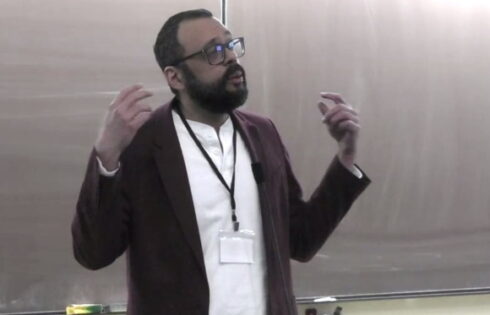
North Carolina legislators have just passed a troublesome law making it illegal for students to create phony social media profiles of school employees with the intent to “intimidate” or “torment.”
Students who violate the new law could face penalties up to a $1000 fine and 30 days probation for a single offense.
According to the Student Press Law Center, state representative Rick Glazier (D-Cumberland) said the new law was written in response to cases of online bullying and harassment by students that school administrators and employees have been dealing with. “For adults,” Glazier said, “it created an intimidating atmosphere that made it impossible for them to do their jobs.”
That’s right, they claim online bullying from children actually made it “impossible” for grown men and women to do their j0bs. Sounds like some educators in North Carolina need to stiffen their upper lips.
The law has provoked concern among some observers, who argue that provisions in the law could place unconstitutional restrictions on free speech. The NC chapter of the ACLU opposed the bill, citing the bill’s ambiguity. For instance, while the bill makes it illegal to “torment” or “intimidate” a teacher or other school employee by posting something online about him or her, the bill fails to define exactly what it means to “torment” or “intimidate”–leaving open the possibility that these terms could be defined too broadly.
If a student chooses to mock or make fun of a teacher online, that might be considered unfriendly, but should it really be illegal? It’s not clear at what point students would cross the line from protected speech into unlawful online “intimidation.”
Representative Sarah Stevens (R-Surry), who co-chaired the legislative committee that approved the bill, said the new law doesn’t violate the first amendment. “You have other speech that incites to the point that it’s not protected by the First Amendment,” she said. “Intimidation and torment, I would think, are not protected because, in essence, intimidation and torment can be to the level of willful conduct and can be criminal in nature, so now we have created a crime that says these are.”
They “created a crime.” Looks like they also opened a door to the arbitrary restriction of students’ free speech rights under the ambiguous terms of this new law.
Click here to Like The College Fix on Facebook.





Please join the conversation about our stories on Facebook, Twitter, Instagram, Reddit, MeWe, Rumble, Gab, Minds and Gettr.